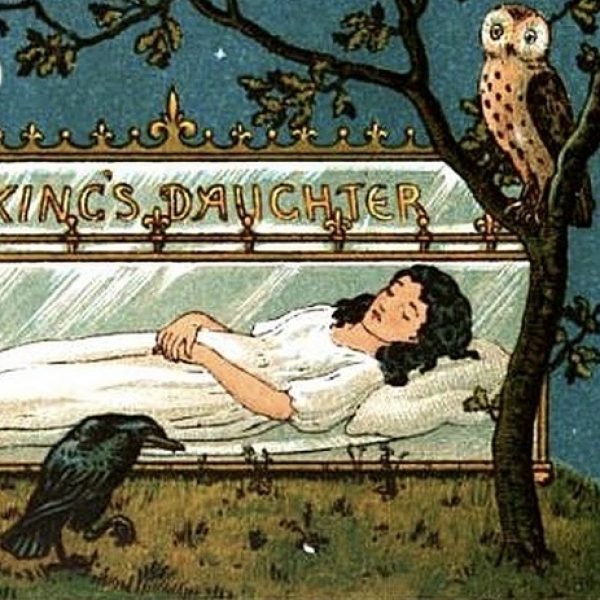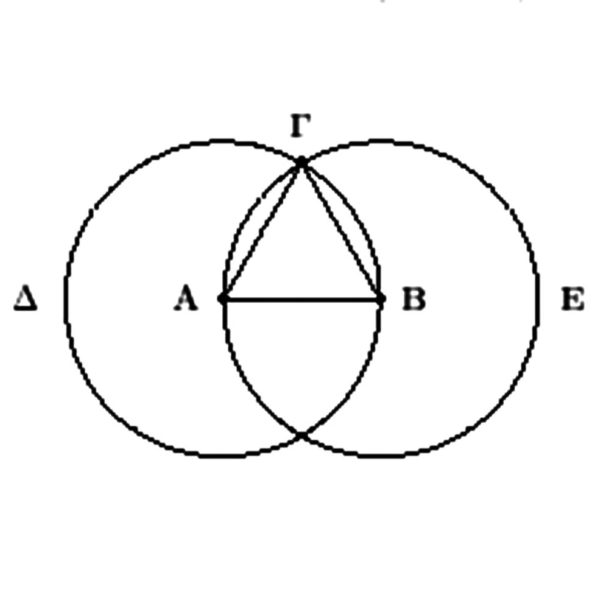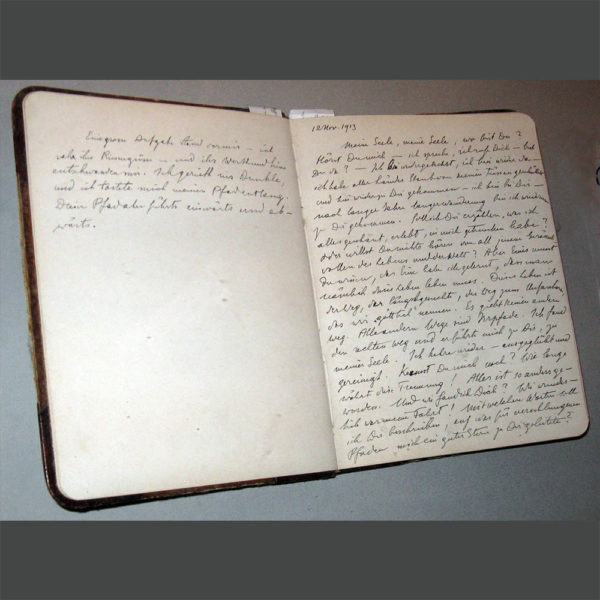The Guild of Pastoral Psychology
Resources
The Guild has an archive of 350 papers dating back to the 1930s and 600 recordings dating from the 1970s. You can browse these using the search facilities below; they are free to download for Guild members.
Disclaimer: The Guild’s written and audio resources are for members’ personal and non-commercial use only. The views expressed in them are those of the authors; they may not necessarily be shared by Guild members, nor represent the collective opinion of the Guild.
Sort resources by:
- Date
- Author/Speaker Surname
-

“She Is not Dead but Sleeping”
The image of a young woman bound in a death-like sleep is to be found in the Bible, in Myth and in Fairy Tales. When we look more deeply into their stories, their relevance for humanity at just this point in time becomes apparent. Who then is the Sleeping One?…
-

Enchantment – Wonder in Modern Life
We consider the experience of enchantment through some personal accounts of deep wonder, and by exploring its chief characteristics, dynamics and conditions. These include relationality, participation, wildness, metaphor, and 'concrete magic' (Max Weber). We shall also consider its rootedness in more-than-human nature. Although enchantment is a universal human experience it…
-

Archetypal Nonviolence: Jung, King and Culture through the Eyes of Selma
The lecture focuses on the March from Selma to Montgomery and the development of culture through the implementation of the eightfold path of nonviolence (Gandhi’s concepts of Satyagraha and Ahimsa and King’s six tenets). The talk will utilize the civil rights movement of the 1950’s and 1960’s; specifically, the march…
-

Gaia and the Tree of Life
The Tree of Life is an ancient image that comes to us from deep within psyche. It has appeared across different cultures and throughout the ages. It has enabled many individuals to realise that their true happiness is inseparable from the well-being and health of nature, of Gaia, of our…
-

Awakening to a New Reality
In this talk, in which I draw on my own personal experience, we explore the continuity of consciousness after death and the expanded reality that await us on the ‘other side’. Some of the “conversations across the horizon of death” in my latest book describe a reality that may…
-

Fake News, False Selves
The economy of the internet is driven by commodifying our attention. The more that a media company can draw and direct our attention the more money it makes. Internet media companies track all of our interactions on the internet to create algorithms which show each of us an individual filtered…
-

Jung the Mystic
Throughout his career, the psychologist C.G. Jung insisted that he was a scientist, pure and simple, and that his psychology was based on hard empirical evidence. But throughout his life, Jung was deeply interested in the occult, the paranormal, the mystical, and the magical. From his early attendance at séances…
-

Evagrius on Becoming who we Truly Are
Evagrius of Pontus (345-399) was born into a Christian family in what is now Turkey but was then the Roman province of Helenopontus, and was a protegé of the 'Cappadocian Fathers' Basil of Caesarea, Gregory of Nyssa, and Gregory Nazianzus. Highly educated, he embarked upon a promising ecclesiastical career in…
-

The First Half of Life: Reimagining Jung’s Forgotten Developmental Stage
The field of Analytical Psychology has largely ignored the developmental stage that Jung termed the “First Half of Life.” As a result, a great many individuals coming of age today, starving for guidance on how to live in relationship to their inner lives, find little that reflects them within the…
-

Jung’s Black Books
Between 1913 and 1932 C.G. Jung recorded his unique self-experimentation that he called ‘his confrontation with the unconscious’. The Black Books are the contemporaneous and spontaneous record of his active imaginations and descriptions of his mental states together with his immediate reflections on these. The Red Book draws on…